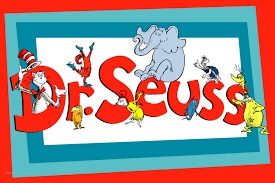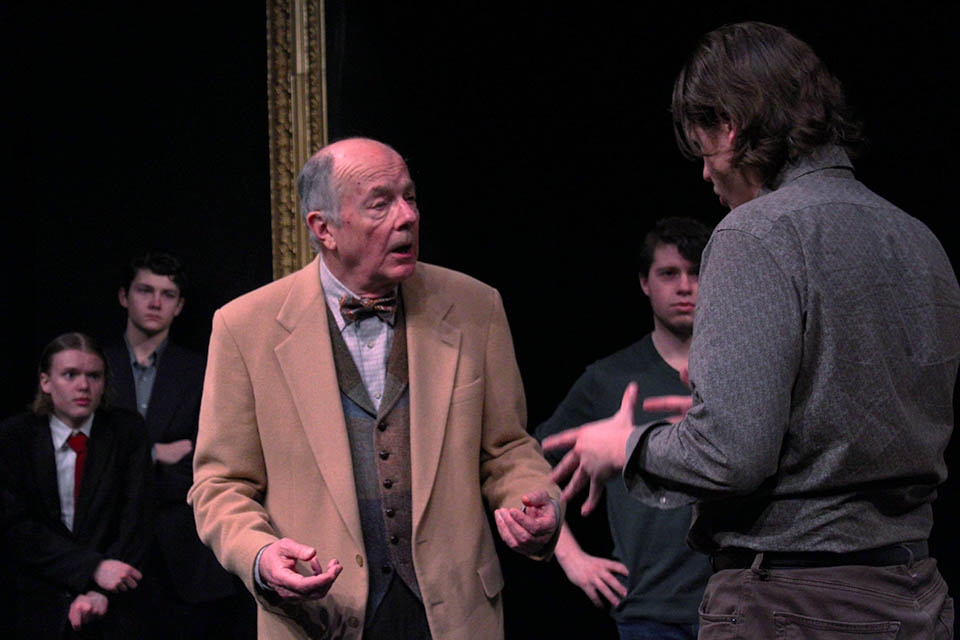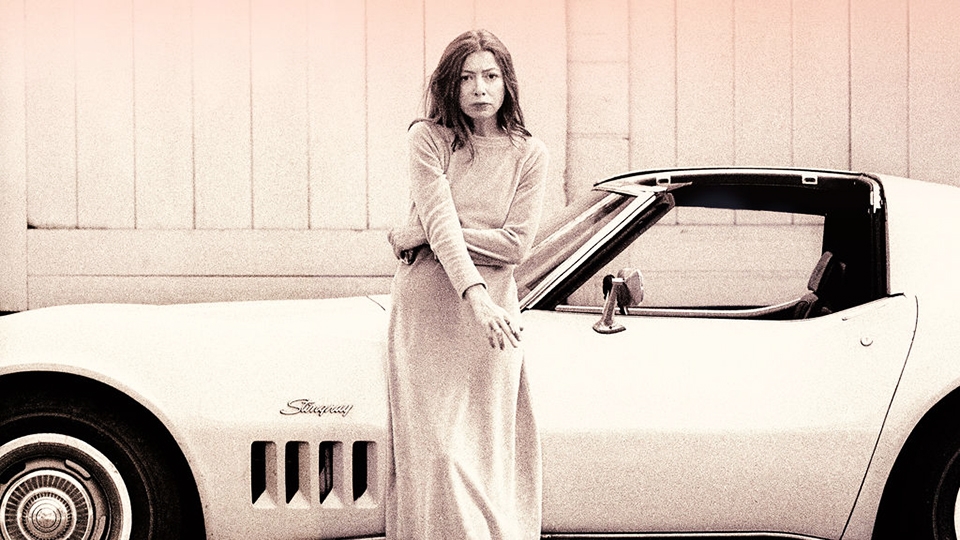
Capri Scarcelli | a&e editor
3/11/21

Dr. Seuss’ birthday is nationally celebrated as Read Across America Day — though it’s now a day of refining the canon we have always known.
On March 2, Dr. Seuss Enterprises announced that six of Seuss’ original children’s books would stop publication due to racially insensitive imagery. These titles include “And to Think That I Saw It on Mulberry Street,” “If I Ran the Zoo,” “McElligot’s Pool,” “On Beyond Zebra!,” “Scrambled Eggs Super!” and “The Cat’s Quizzer.”
These titles, according to USA Today, are no longer available for purchase on the Dr. Seuss website, whilst also being removed from select libraries internationally.
With this shortened shelf life, controversy has sparked over the ethical standpoint of removing works of literature from public access; however, Dr. Seuss Enterprises said the decision was made in a year-long process of consulting educators and experts in the field to make the decision they thought was best for the company and for its audiences.
“These books portray people in ways that are hurtful and wrong,” Dr. Seuss Enterprises said in a statement to the Associated Press. “Ceasing sales of these books is only part of our commitment and our broader plan to ensure Dr. Seuss Enterprises’ catalogue represents and supports all communities and families.”
Since Seuss’ death in 1991, his family has posthumously taken ownership of his literary works and publication policies through the Enterprises. Carefully reviewing the books, the Enterprises made the final decision themselves to cease production of the literature that no longer appropriately resonates with today’s political climate.
Lark Grey Dimond-Cates, Seuss’ step-daughter, said that this move was a “wise decision.”
“I think that this is a world right now that is in a lot of pain, and we’ve all got to be very gentle and thoughtful and kind with one another,” Diamond-Cates said in an interview with People magazine.
With some of his earliest works being written pre-WWII, Dr. Seuss has stereotypically depicted ethnic characteristics, holding a much more harsh connotation in the 21st century. This includes characters of African descent being illustrated with grass skirts and messy hair in “If I Ran the Zoo,” as well as Chinese characters being drawn with slanted eyes, yellow skin and “eating with sticks” in “And to Think That I Saw It on Mulberry Street.”
Some believe this scenario is yet another example of “cancel culture” in the media, with the decision to remove these titles sending recent headlines into a frenzy.
Acknowledging the National Education Association through Read Across America Day, President Joe Biden neglected to acknowledge Dr. Seuss as a part of his recommended children’s book list, which sparked a conversation of “getting rid of history.”
Responding to this, Donald Trump Jr. posted a reaction video about the matter.
“They [the Democratic party] are canceling Dr. Seuss from reading programs. These things aren’t even racist,” Trump Jr. said. “There’s no place they won’t go.”
Junior philosophy major Rafael Paul said he was at first surprised by this recent turn of events, but then understood why the decision was made.
“It’s crazy to think that something so widely accepted like Dr. Seuss books are being cancelled,” Paul said. “Like many, I was confused at this decision, but after seeing the [illustration]images in question I don’t see harm in this.”
Junior economics major Jess Schmitz said she sees it as “society moving on from the past.”
“The books that are being pulled were not popular books, and most people who got mad probably haven’t heard of or read them,” Schmitz said. “It felt like social media blew up a problem that wouldn’t have even made headlines 20 years ago … I think a lot of people get so sucked in they forget that this decision doesn’t really mean anything.”
Stopping publication isn’t something that is uncommon in the literature world, either. Authors will add and remove their work as they see fit, depending on what resonates with audiences. This does not mean the books are banned indefinitely, but merely that further publication of the works will come to a halt.
In the past week, Amazon sent Dr. Seuss’ most famous works to the top of the charts, becoming the website’s best-selling author.
Though this recent insurgence has brought attention to Seuss’ work as a whole, Paul said that we still have to challenge the political correctness of his older works in order to set a good example for younger generations.
“It’s important to question things that have been released for sometime since we are continuing to progress as a society in defining what could be harmful in regards to race, gender or one’s beliefs,” Paul said.
Dr. Seuss’ beloved works are still available for purchase online and at your local bookstore.




